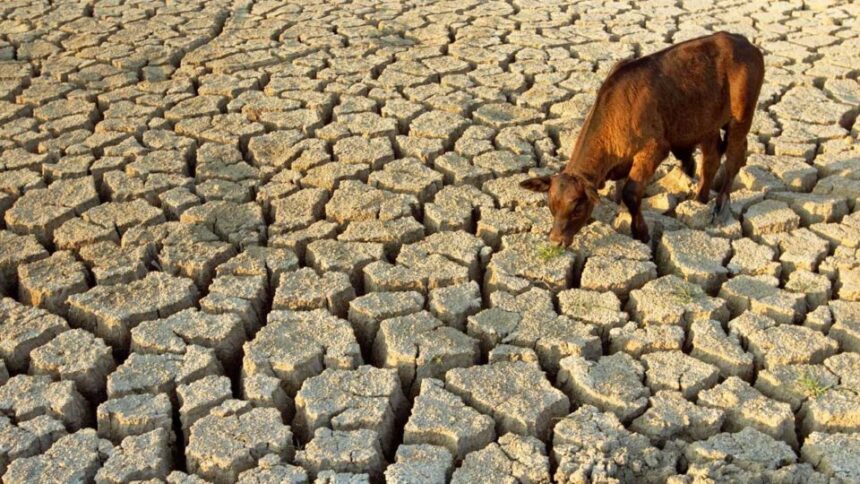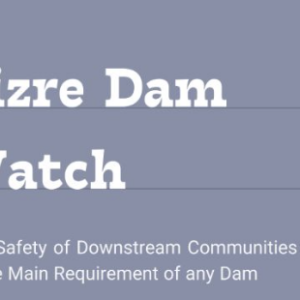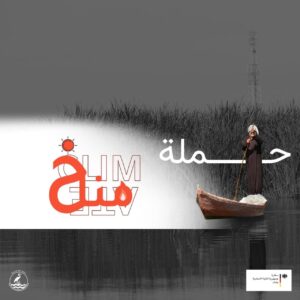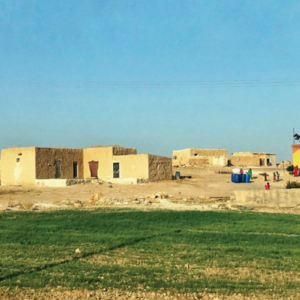Farmers in the Al-Badeer region from Kut province depend on water from the Euphrates River. Water shortages this year have caused massive damage to agricultural areas, drastically impacting the livelihood of farmers in the region. The Al-Diwaniyah Forum for Environment and Peace is currently working on this water scarcity crisis.
The Forum’s campaign aims to provide adequate water for agriculture in the Al-Badeer region, and to repair the damage caused to the farmers during the summer of 2018. At that time, the agricultural areas that depend on the rivers, streams and tributaries suffered from massive water shortages due to the fact that water intended for the region was siphoned off before it reached Al-Badeer. Other farmers and state executives who own thousands of agricultural dunams (acres) exceeded their water quotas thus disrupting the fair allocation of water to all the farmers in the area. These government officials were unaware that the extra water they took affected other farmers, and so the imbalanced distribution continued and the problem escalated. In addition, the use of outdated irrigation methods stopped the water from reaching all the agricultural lands in Al-Badeer that needed it.
This is not the first time the Al-Badeer area has suffered due to water scarcity: farmers of the region have been moving in large numbers from villages to urban centers in order to find new jobs which will secure their livelihoods. This drain on the agricultural sector has, in turn, impacted the entire province of Diwaniyah, which has always depended on farming as one of its most important economic resources. The Al-Diwaniyah Forum has noted the weakness of the government’s policy on water management, both in Iraq generally, and in particular, in the province of Diwaniyah. The absence of law enforcement is the main cause of this crisis: the quota of water allocated to the city of Diwaniyah is more than in other provinces yet residents simply do not receive their share.
The Al-Diwaniyah Forum has been pressuring the local government to implement the goals of their campaign, and has been working to strengthen the role of civil society organizations working in Diwaniyah by holding educational seminars in the affected villages.
The campaign of the Al-Diwaniyah Environment and Peace Forum is in cooperation with the Iraqi Social Forum, the Information Center for Research and Development, the Iraqi Civil Society Solidarity Initiative, and the Italian organization, Un Ponte Per. It is also a part of a joint project funded by the Swiss FI Foundation.





Leave a Reply